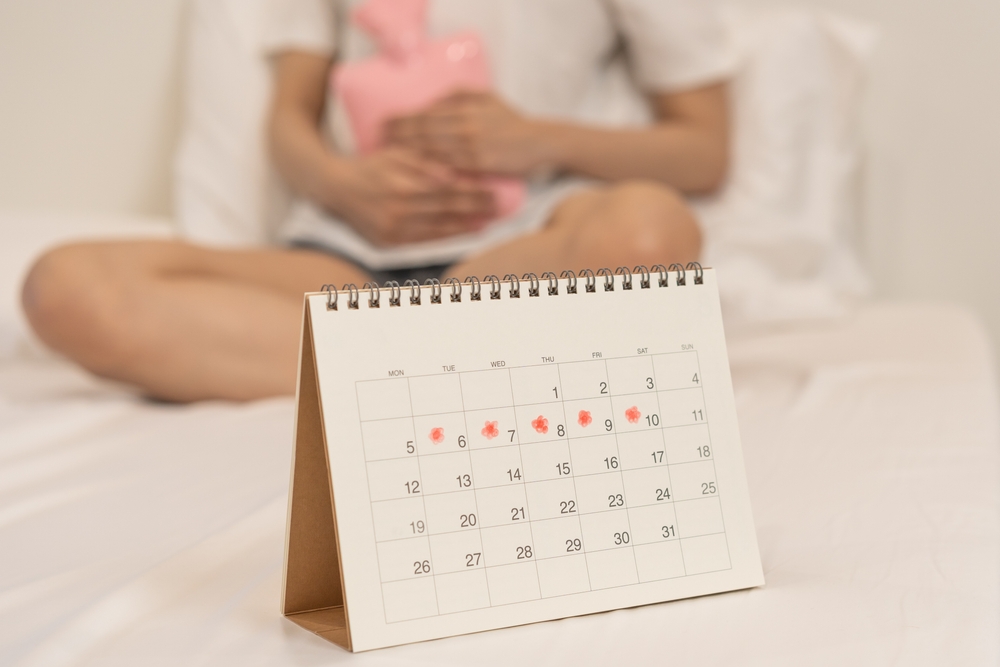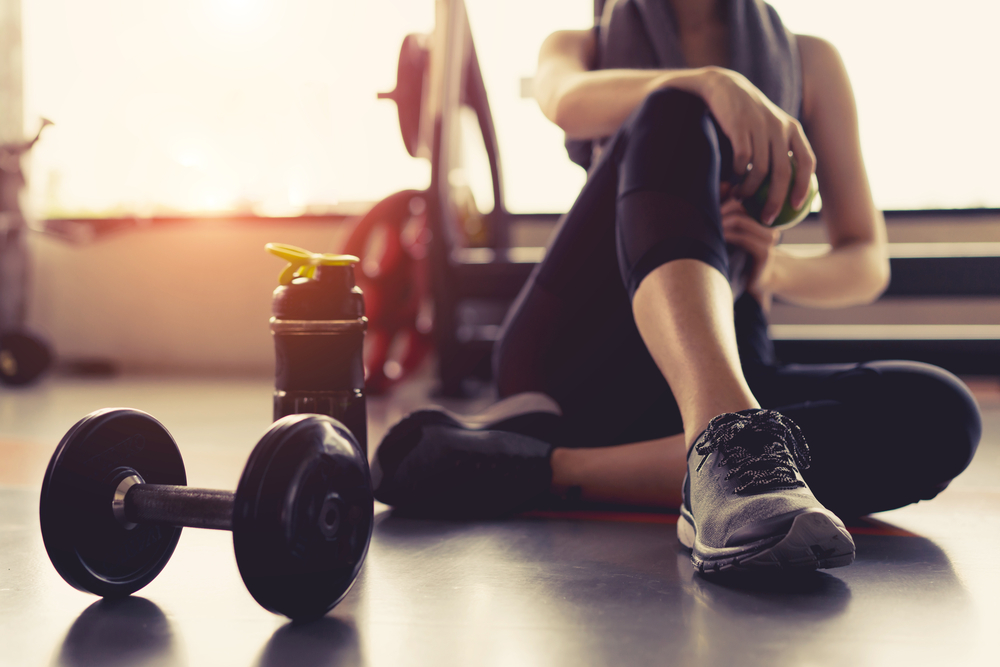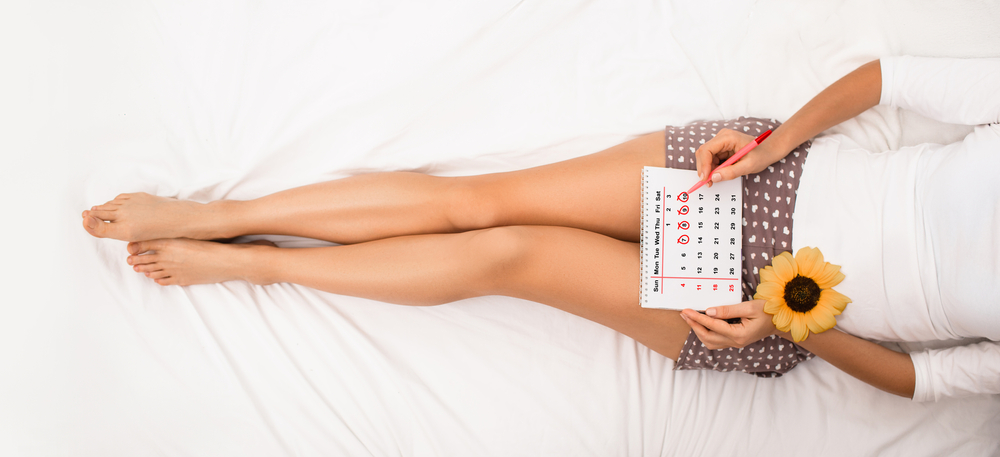A quarter of all women claim that the menstrual cycle is a hurdle in undertaking more physical activity, according to recent research.
With this in mind, experts at Live Football Tickets sought to provide tips for exercising effectively during your menstrual cycle, by partnering with Dr. Hana Patel, NHS GP and GP Medico-Legal Expert Witness, and Jodi Montlake, a London Hormone Clinic partner providing food and exercise support.
Adapting your exercise routine to your hormone cycle
It isn’t necessarily just your period that you can be in tune with when it comes to your exercise routine. In fact, there are specific stages to the hormone cycle which can make certain exercises better suited to certain times throughout the month. For example, you may feel more energised in the days before and post ovulation day, meaning that you might be able to endure higher levels of exertion compared to other times of the month.

Dr. Hana Patel, NHS GP and GP Medico-Legal Expert Witness, provides her expert insight on the female hormone cycle, and how this can alter the exercise you take on:
“During the first half of your cycle – known as the follicular phase, you may feel quite energetic. This is because, after your period finishes, your body produces more oestrogen. Oestrogen is a female sex hormone which can boost your energy levels – and could increase your stamina for exercise. It is at its highest near ovulation.
“After ovulation, you enter the second half of your menstrual cycle – which is called the luteal phase. Towards the end of this time, you might find yourself feeling sleepier. This is because your body produces more progesterone. Progesterone is a hormone which can also make you feel warmer than you would be during the first stage of your cycle. Evidence has shown that exercise can help both in the days before and during your period.
“Before your period you might experience a range of symptoms classed as premenstrual syndrome (PMS). These can affect everyone differently but can include physical things like bloating and breast tenderness. You might also notice psychological symptoms such as feeling irritable or low in mood. Exercise can help to support you during this time. Moderate exercise such as walking, yoga, or dancing can help to release feel good hormones called endorphins. These chemicals can help to improve your mood and reduce the pain of cramps and headaches.”

The best forms of exercise to do whilst on your period
Low Intensity Workouts
Whilst on your period, it can be a good idea to opt for workouts of a lower intensity, such as yoga, tai chi, or even simple stretches. Exercises such as this can help to relieve pain and cramps, as well as help to reduce stress, endorse dopamine, and boost your energy levels.
Jodi Montlake, a London Hormone Clinic partner providing exercise support, comments:
“Incorporating low-impact activities like Pilates, yoga, or walking can alleviate period pain and promote overall well-being. Starting these routines before or after menstruation helps the body acclimate, making exercise more enjoyable and effective when menstruation does occur.

Cardio Workouts
Cardio exercises can be beneficial for decreasing period symptoms. Exercises such as walking, dancing, and riding a bike can not only help to reduce cramps or bloating, but also ease the psychological symptoms of PMS or a period, such as emotions of depression or anxiety.
Jodi Montlake advises: “If you usually enjoy cycling for your cardio but find it too much pressure during your period around your pelvis, I suggest (depending on what you have access to) using upright methods for cardio like a cross trainer. This will still get your heart rate up and deliver the same benefits as cycling”
Resistance Training
Whether you enjoy light or heavy weight training, doing this during your period can contribute to easing anxiety, and help improve your muscle mass and tone.
Weight training during the follicular phase (the first day of your period, through to ovulation) could improve your muscle mass and tone, as oestrogen levels are at their highest. This means that your body is more capable of accessing stored carbohydrates, making this an ideal time for weight training due to it being easier to build and maintain muscle during this phase.

Jodi Montlake, a London Hormone Clinic partner providing exercise and food support, offers her expert advice on exercising during your period:
“Each individual’s experience is unique; some women are attuned to their body’s preferences and capabilities. Therefore, learning how we can work with our menstrual cycle rather than against it is a life skill that all women should look to learn.
“Recognising that your body is working harder during menstruation, and adjusting the intensity or duration of exercise is perfectly acceptable. If exercise feels too demanding and leaves you feeling unwell, it’s important to listen to your body and take the time to rest and recuperate. You will still most likely benefit from small movements by getting up regularly and walking around as this will help your blood flow.
“By tuning into your body’s needs and respecting its natural cycles, you can cultivate a balanced and sustainable approach to exercise that supports overall health and well-being.





